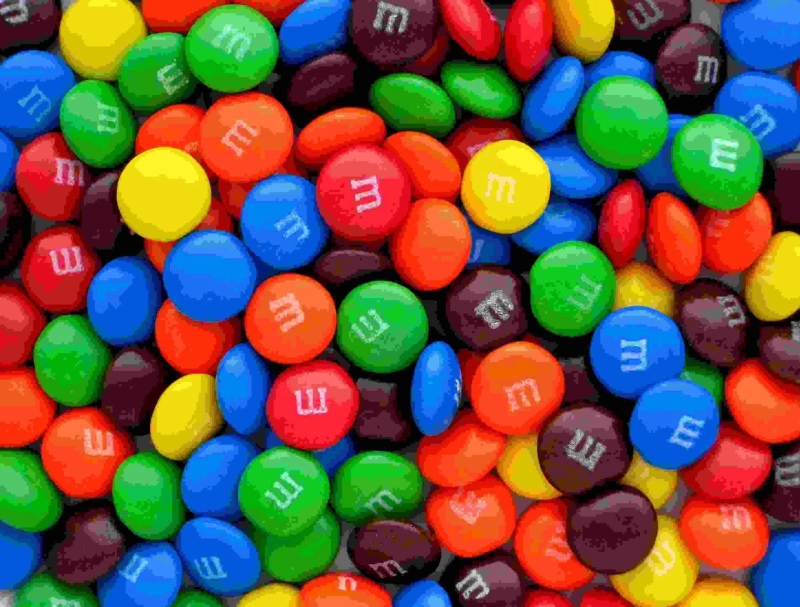M&Ms are one of the world's most popular and beloved candy brands, enjoyed by people of all ages and backgrounds. However, the candy's halal status has become a topic of controversy in recent years, with some Muslims questioning whether or not they are permissible to consume.
Halal is an Arabic word that means "permissible" or "allowed." In the context of food, it refers to products that are prepared and consumed according to Islamic dietary laws. These laws require that certain animals be slaughtered in a specific way, that pork and its by-products be avoided, and that meat and poultry be sourced from animals that are healthy and raised and slaughtered in humane ways.
M&Ms are produced by Mars, Incorporated, a global manufacturer of confectionery, pet food, and other food products. Mars claims that all of its M&M products are halal-certified, meaning they are produced in compliance with Islamic dietary laws.
However, some Muslims have expressed doubts about the halal status of M&Ms due to various concerns, including the use of animal-derived ingredients, the potential for cross-contamination during production, and the lack of transparency around the certification process.
One major point of contention is the use of animal-derived ingredients in some varieties of M&Ms. For example, M&Ms that contain the color red are made with a dye called cochineal extract, which is derived from a type of insect. Some Muslims believe that the use of such ingredients renders the candy haram, or forbidden, to consume.
Another concern is the potential for cross-contamination during production. Mars claims that it takes steps to prevent cross-contamination, such as segregating halal and non-halal production lines and cleaning equipment thoroughly between runs. However, some Muslims are skeptical of these measures and believe that there is still a risk of non-halal ingredients or contaminants entering the product.
The lack of transparency around the halal certification process has also been a source of frustration for some Muslims. While Mars states that its M&Ms are halal-certified, it does not provide detailed information about the certification agency or the specific standards used. This lack of transparency has led some to question the legitimacy of the certification.
Despite these concerns, many Muslims still consume M&Ms and consider them to be halal. They argue that Mars has taken adequate measures to ensure the candy's halal status and that the use of animal-derived ingredients is permissible as long as they are not derived from haram sources.
In conclusion, the controversy surrounding the halal status of M&Ms highlights the complex and nuanced nature of Islamic dietary laws. While some Muslims may choose to avoid the candy due to concerns about animal-derived ingredients or cross-contamination, others believe that it is permissible to consume. Ultimately, the decision about whether or not to eat M&M is a personal one that depends on individual beliefs and values.


